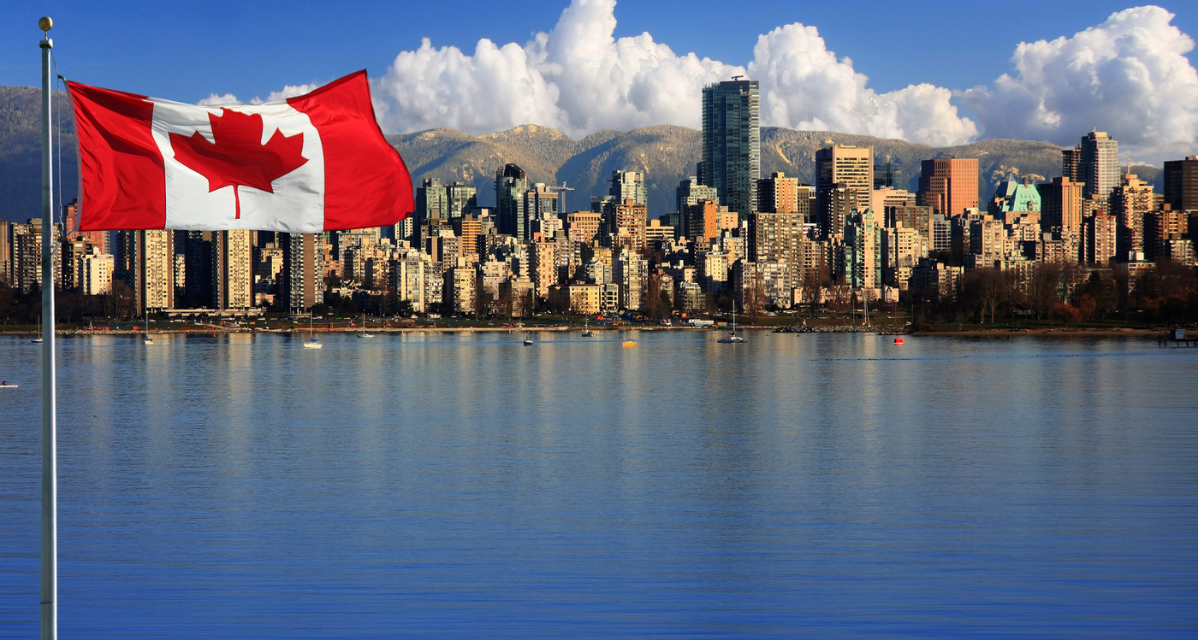Interest Rates Begin to Ease

At the close of business last Friday, global equities were sharply higher on the week as investors shifted their focus from inflation to the risk of recession. Softer global economic data and a decline in commodity prices have caused the market to trim central bank rate-hike expectations. The yield on the US 10-year Treasury note declined to 3.09% from 3.26% a week ago while the price of a barrel of West Texas Intermediate crude oil fell about $5 to $105.50. Volatility, as measured by the Cboe Volatility Index (VIX), fell to 28.4 from 33.
MACRO NEWS
Growth slowdown becoming evident
Flash purchasing managers’ indices for the US and eurozone showed that the pace of economic growth in developed economies slowed though all the readings remain above 50, the level that separates growth and contraction. Interest rates fell sharply this past week as did the prices for a range of raw materials.
CANADIAN ECONOMIC NEWS
In following comments from our central bank over my forty-plus-year career, I’m certain that central banks are the last place to look to predict a recession. Our central bank said last week that worse inflation is ahead. In the data we are seeing, it looks very much like inflation has peaked and will ease as we go into the fall. We do still expect a 50 to 75 basis point increase in interest rates at their next meeting in July.
US ECONOMIC NEWS
A few weeks ago, The Federal Reserve leaked news to the Wall Street Journal that because the University of Michigan’s survey of 5-10yr inflation expectations was higher than expected, they were going to raise rates by 75bps. This sent the stock market into its worst week since March 2020. In testimony to Congress, Powell reiterated this point. Today, the final revision of the data came out at 3.1% instead of 3.3%, negating the reason for going to 75bps. As always, we are weary of Central Bank mistakes, and relying on faulty data makes our antenna go up. Still, stocks have priced in a lot of negatives and that’s the opportunity.
Chair Jerome Powell said that the Fed is not trying to provoke a recession. He restated the Fed’s unconditional commitment to fighting inflation, commenting that allowing inflation to become entrenched would be more painful for the economy. Powell testified that global events, such as the war in Ukraine and continued supply chain disruptions in China, could make achieving an economic soft landing more difficult. Markets, the Fed chair said, have discounted an appropriate path for rate hikes and they have priced a lot in, and this has begun to impact the economy.
The results of the Fed’s annual stress test of thirty-four large banks found that companies can withstand a severe recession.
EUROPEAN ECONOMIC NEWS
Germany is moving toward rationing natural gas as Russia throttles back supplies delivered via pipelines. Officials are particularly concerned by the low level of supply as they seek to top up gas in storage facilities before winter. Concern is mounting that industrial production will be impacted and that coal-burning power plants will need to be brought back online to make up for the gas shortfall.
On Thursday, European Union leaders formally agreed to make Ukraine, along with Moldova, a candidate for membership in the bloc. To be granted full membership, Ukraine will probably have to undergo a lengthy reform process.
JAPAN, CHINA and EMERGING MARKETS ECONOMIC NEWS
The Bank of Japan spent the equivalent of $81 billion (a level most analysts see as unsustainable) to buy Japanese government bonds last week in defence of its 0.25% cap in 10-year yields. The cap has resulted in wide interest rate differentials with other sovereign bond markets, leading to a dramatic weakening of the yen. Consumer prices in Japan rose 2.5% from a year ago in May, exceeding the Bank of Japan’s 2% inflation target. However, no shift in BOJ policy is expected soon, with most of the price rise confined to food and energy. Central bank officials have repeatedly stated that they would need sustained levels of inflation to shift policy.
China’s President Xi Jinping pledged this week to “strengthen macro policy adjustment and adopt more effective measures to strive to meet the social and economic development targets for 2022.” China’s growth goal this year is 5.5%.
BRAND NEWS
Dream Harbour and Canada have something in common: we’re both super friendly! It’s just in our nature. So with Canada Day coming up, know that we’ll be thinking of you, and are wishing you a weekend well-spent.
We invite you to send us an email post-celebration of what you got up to, along with any particularly memorable moments you captured by camera. Who knows, we just might feature you on our LinkedIn page!
Happy Canada Day, everyone.
#HereYourDreamsAreSafe

